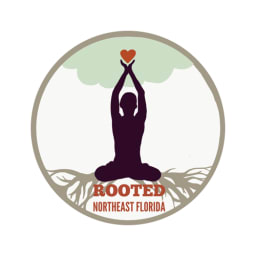
2024

Best Doulas
Find a Top-Ranked Doula Near You
We did the research for you!
- Licensing
- User Reviews
- Mystery Shopping Calls
Learn about our selection process.
Top Doulas
= Featured Provider
New York, NY
HypnoDoula Maeva
New York City, NYExpertise.com Concierge Service
New York, NYThe Daily Doula
New York City, NY 10024
Los Angeles, CA
Serenity Birth
Redondo Beach, CA 90278Doula Support Los Angeles
1171 South Robertson Boulevard, Los Angeles, CA 90035Dream Team Doulas
Sherman Oaks, CA 91403
Chicago, IL
HEART Birth & Baby
Chicago, IL 60646Birthways
Chicago, IL 60613Doulas of Chicago
Chicago, IL 60649
Houston, TX
Houston Womb Service
10047 Westpark Drive, Houston, TX 77042Houston Pregnancy Massage & Doula Care
Houston, TX 77004Breathe Body Mind Spirit
2906 Baer St., Houston, TX 77020
Dallas, TX
LulaDoula
Midlothian, TX 76065Doula DFW
Arlington, TX 76012MyDallasDoula
Dallas, TX 75234
San Diego, CA
Itsy Bitsy Dreamers
San Diego, CABirth From Love
San Diego, CA 92103Connie Merritt
San Diego, CA 92118
Detroit, MI
Birth & More Wellness
Farmington Hills, MI 48334Erin Barnes Doula Services
Livonia, MI 48127Life Blooms Birth Services
Livonia, MI
San Francisco, CA
DOULAS by the BAY
San Francisco, CA 94114Bay Area Night Doulas
San Francisco, CA 94130Trinity Night Doulas
San Francisco, CA 94116
Jacksonville, FL
Rooted Northeast Florida
841 Prudential Drive, Jacksonville, FL 32207Birthing with Jane
2248 Fallen Tree Drive West, Jacksonville, FL 32246Doulas of Jacksonville
104 Redfish Road, Palatka, FL 32177
Austin, TX
Lotus Babies
Austin, TXEmpowered Beginnings, LLC.
5421 Texas Bluebell Drive, Spicewood, TX 78669Dream Team Doulas
10815 Ranch Rd 2222 Bldg. 3B Ste. 100 #508, Austin, TX 78730































